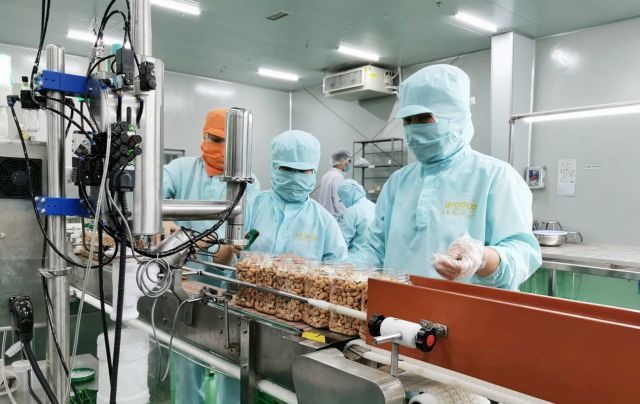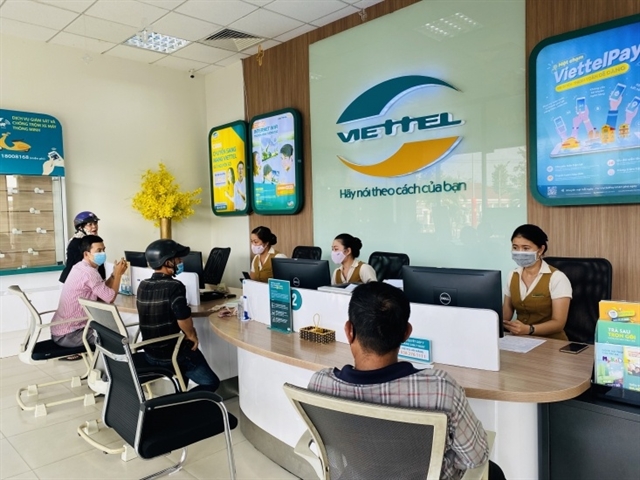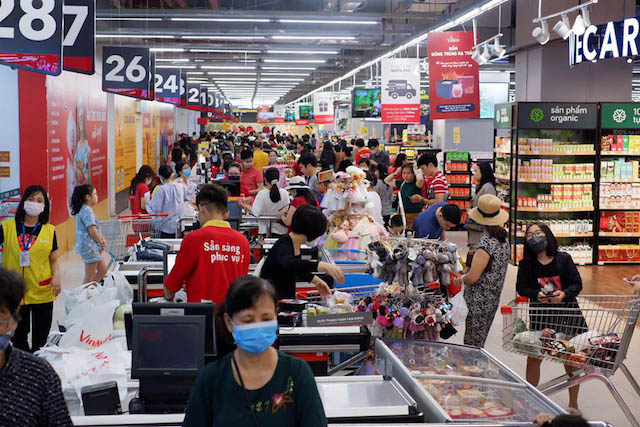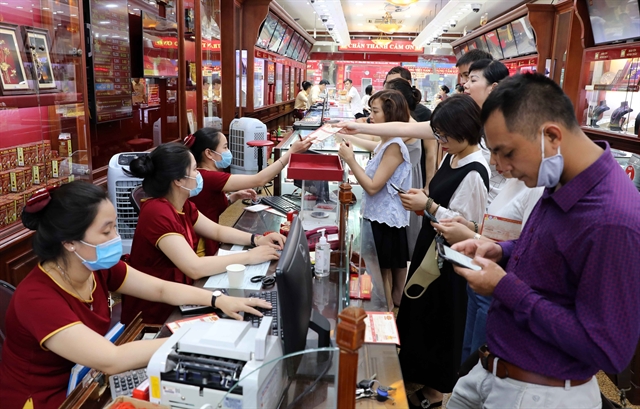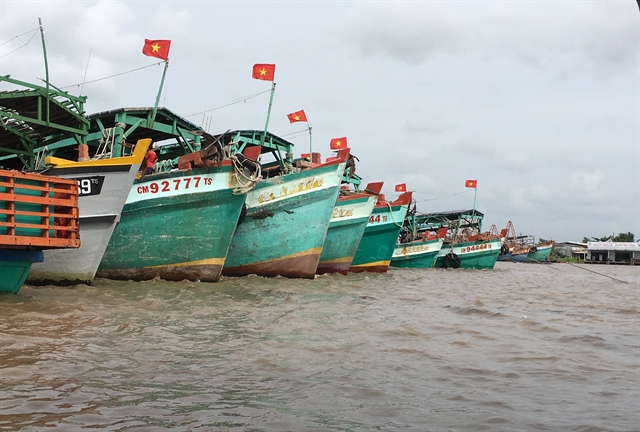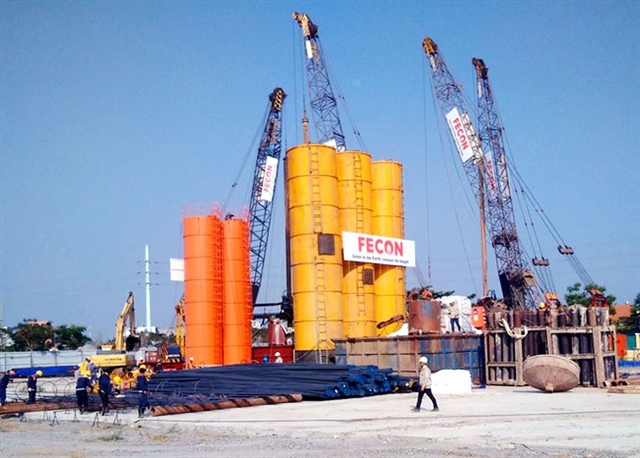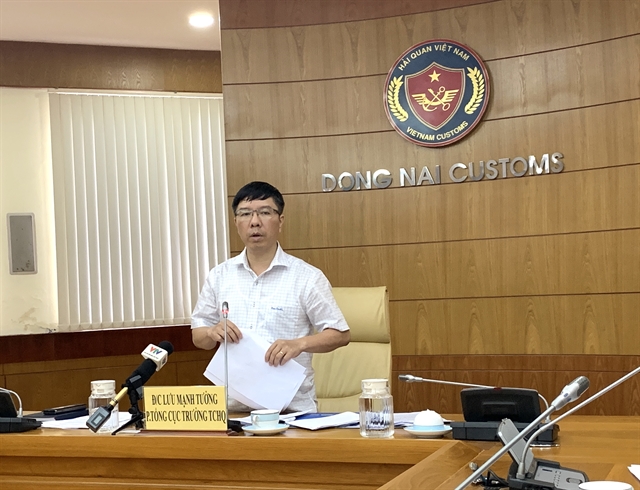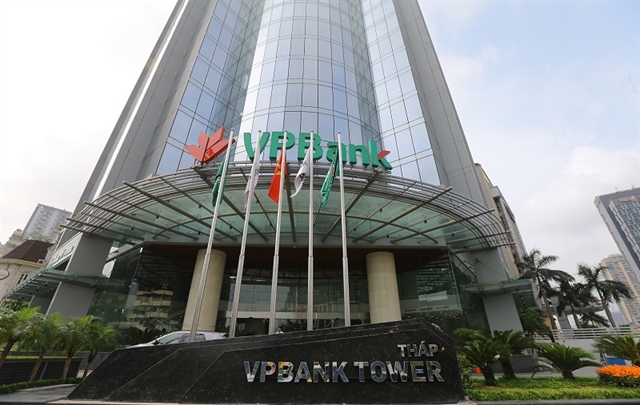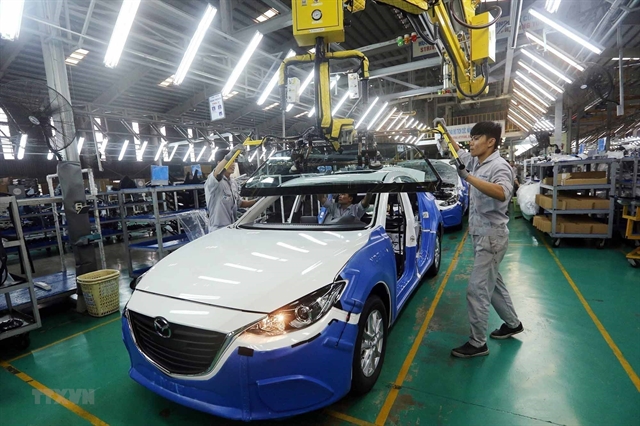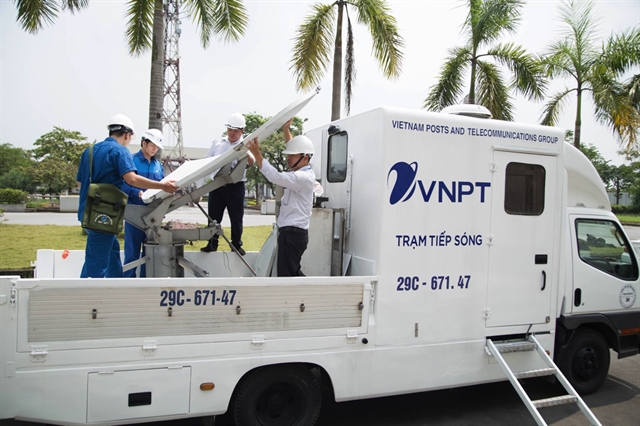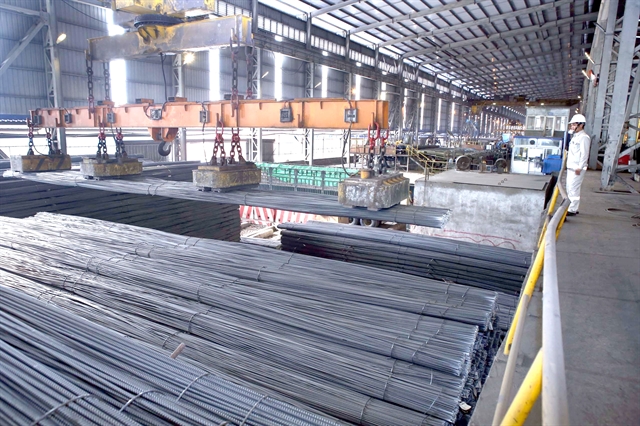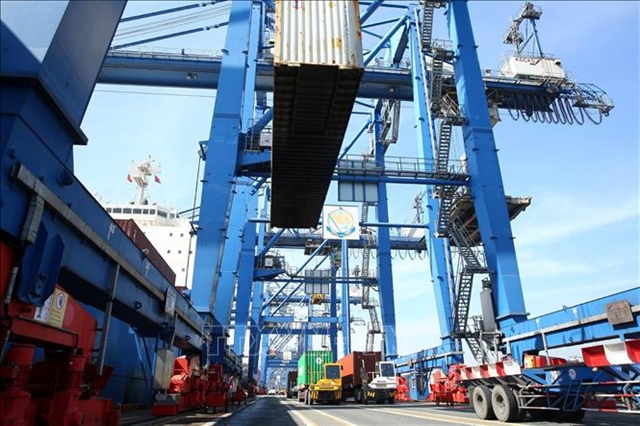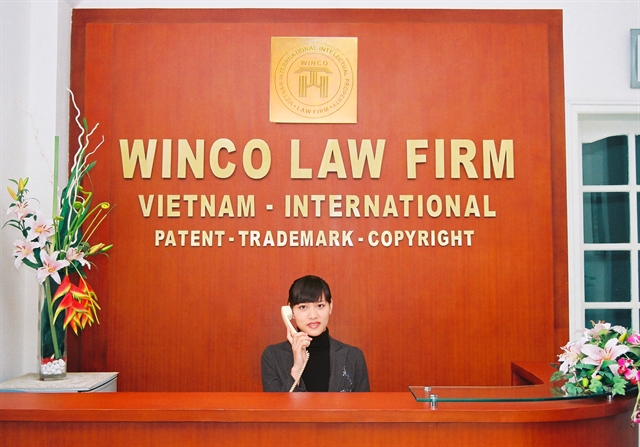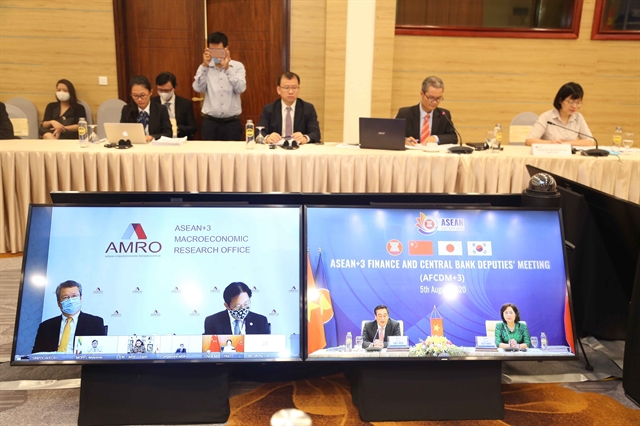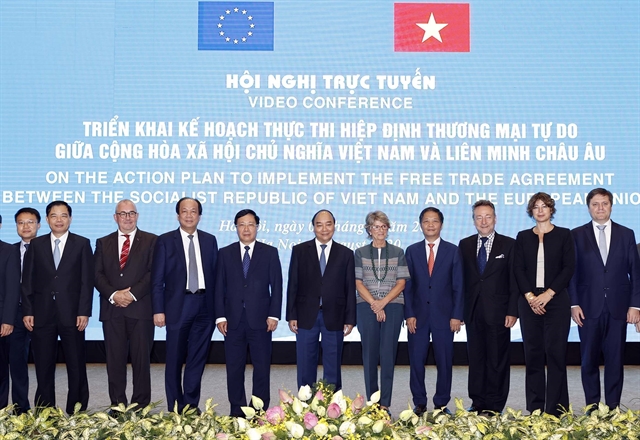
HÀ NỘI — Vietnamese enterprises have been urged to renovate their business strategies if they want to benefit from the EU-Việt Nam Free Trade Agreement (EVFTA), especially after the country opens the market for goods, services and investment to EU partners, forcing local businesses to compete directly with foreign peers at home.
The trade deal took effect on August 1 after 10 years of negotiations.
At a video conference on the action plan to implement the trade pact on August 6, Prime Minister Nguyễn Xuân Phúc re-emphasised EVFTA is a “highway” to promoting economic growth, opening up great opportunities for Vietnamese firms to enter the EU market with a combined GDP of US$15 trillion.
But this is also a market with high standards and strict import requirements so there will be no room for businesses that are impatient and lack creativity.
"The EVFTA is a condition for Vietnamese businesses to upgrade themselves to join the global supply chain, especially when many EU corporations are planning to move production bases to Việt Nam," PM Phúc said.
The Prime Minister pointed out the biggest obstacles including limited awareness of enterprises about the free trade deal, legal problems and limitations in infrastructure, resources and production scale.
In particular, the COVID-19 pandemic has been disrupting the global supply chain and pushing economies that are Việt Nam’s major trade partners into severe recessions. This is a challenge but also an opportunity for Việt Nam to improve its position.
Therefore, the Prime Minister asked the ministries, branches, localities and business community to work together to explain the EVFTA and other trade deals to businesses and State agencies, research and propose mechanism and policies to improve the business and investment environment and develop human resources and infrastructure, which are crucial to attracting investors.
Minister of Industry and Trade Trần Tuấn Anh – the main agency in implementing the EVFTA action programme – said removing barriers in production and business activities through administrative reforms is key to helping Vietnamese firms make the most of opportunities from the trade deal.
Anh said if Vietnamese products want to compete with EU products in the domestic market, it's important to tackle the bottleneck of input materials and invest in supporting and manufacturing industries capable of competing with export products.
These strategies will help Vietnamese enterprises overcome strict requirements of production development attached to environmental protection and traceability of goods, the minister said.
For the agricultural sector, he said the EVFTA is built on the principles of reciprocity and mutual benefits, with the EU eliminating tariffs on Vietnamese goods, while Việt Nam must open its market to EU goods.
"The EU has a complementary structure of import and export of goods with Việt Nam and therefore does not directly compete with goods in our segment," Anh said, noting the EU has strengths in machinery, equipment and will support the domestic industry to reduce costs, improve production capacity and increase product competitiveness.
Future solutions
He said the Government has issued a plan to implement the deal and organised the conference to discuss the action programme.
“This is the first time the Government has organised a conference with the full participation of all relevant ministries, agencies and localities to discuss solutions and ways to implement the agreement in a comprehensive manner,” he said.
The plan focuses on five major working groups including propaganda and disinformation on the agreement and markets of EU countries; legislative and institutional work; measures to improve competitiveness and develop human resources; guidelines and policies for trade unions and workers' organisations at the enterprises; and social security policies, environmental protection and sustainable development.
According to the Minister of Industry and trade, each of the working groups is designed with strategic contents and actions to overcome the shortcomings in implementing a number of previous FTAs, including the Comprehensive and Progressive Agreement for Trans-Pacific Partnership (CPTPP).
In fact, new generation FTAs such as the CPTPP or EVFTA tend to have high commitments on sustainable development, linking production and trade development with environmental protection requirements. Export products, especially those originating from natural inputs such as seafood or wood products, need to meet traceability regulations, in particular, whether the product has been legally harvested or not.
He suggested besides measures to raise the awareness of farmers and production enterprises, there should also be solutions and sanctions for violations of regulations on illegal fishing and exploitation of natural resources.
Minister of Planning and Investment Nguyễn Chí Dũng said the ministry has formulated an action plan, focusing on four groups of tasks and solutions, including enhancing information dissemination on the trade pact and promoting investment promotion activities, reviewing policies and laws to improve the business environment and ensure the implementation of Việt Nam’s commitments under the trade pact.
The projects of EU investors will be selectively supported, focusing on areas the EU has strengths such as processing, manufacturing industry, high technology, clean energy, renewable energy, as well as high value-added projects which have spillover effects, connecting global production and supply chains, Dũng said.
To support and enhance the competitiveness of Vietnamese enterprises, the ministry has submitted to the Prime Minister a national programme of supporting small- and medium-sized and start-up enterprises to facilitate their participation in industry clusters and value chains for 2021-25.
According to Dũng, to effectively implement the EVFTA, the task of developing mechanisms to limit and prevent disputes between the State and investors towards improving transparency and enhancing the effectiveness of law enforcement and supervision should be a focus.
The Ministry of Industry and Trade has also finalised its own EVFTA Implementation Plan to prepare for the issuance. In this plan, the ministry has identified solutions to help businesses learn about the agreement and access the EU market. — VNS
